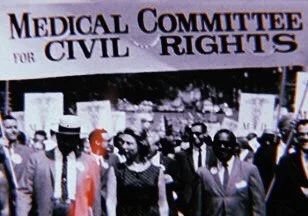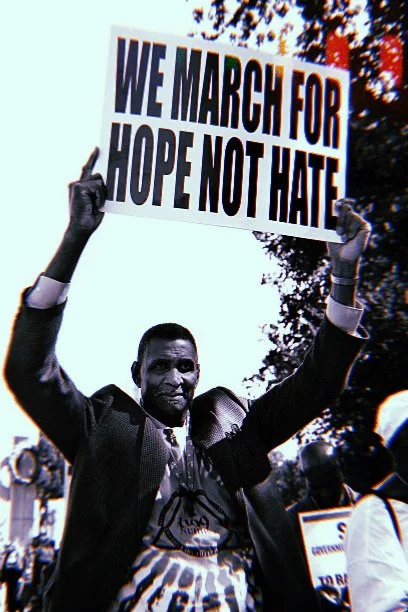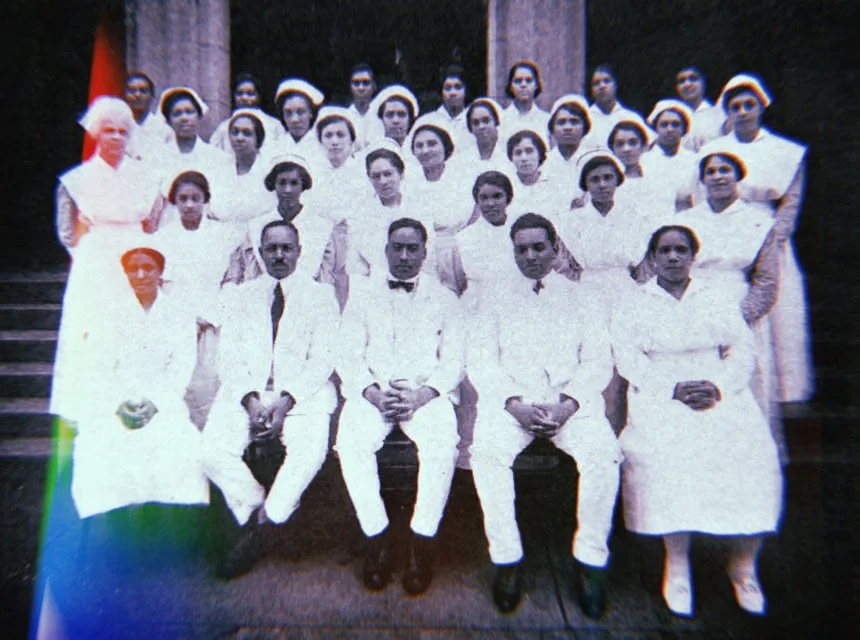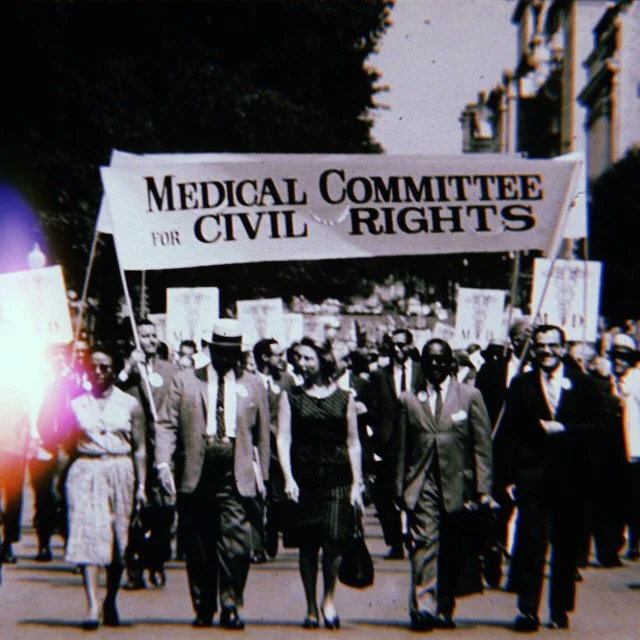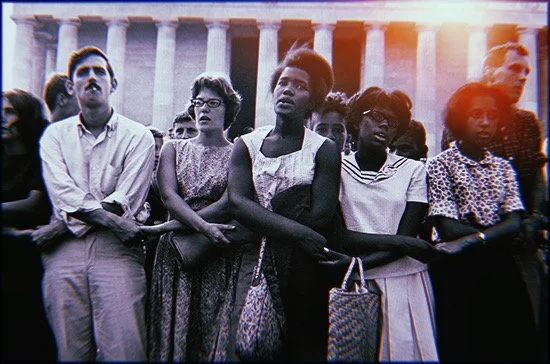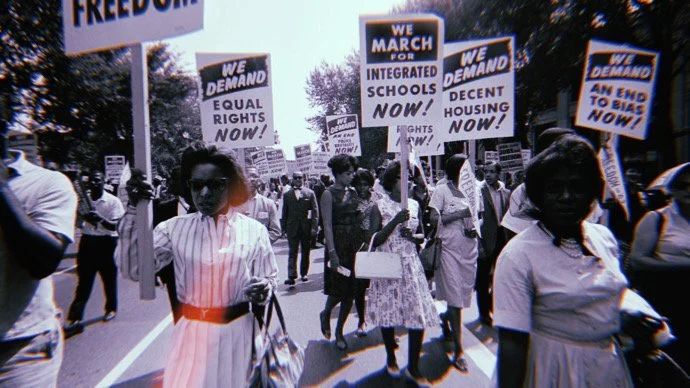One Nation March, Washington, District of Columbia(D.C.), USA. Photo credit: Diane Krieger ©LeCircles
Originally established as a week-long celebration in 1926 by Carter G. Woodson, the founder of the Association for the Study of African American Life and History, Black History Month is an annual celebration of achievements by African Americans & Afro descendants and a time for recognizing their central role in U.S. history or even foreign lands eg. United Kingdom as well. Black History Month was first recognized by President Gerald Ford in 1976. President Ford challenged the American people to “seize the opportunity to honor the too-often neglected accomplishments of Black Americans in every area of endeavor throughout our history.”
This year's theme, Black Health and Wellness, pays homage to medical scholars and health care providers. The theme is especially timely as we enter the third year of the COVID-19 pandemic, which has disproportionately affected minority communities and placed unique burdens on Black health care professionals. Despite everything we focus on the grand service that every women and men have done and keep doing in order to make us go through this pandemic.
We’re more than happy that together and with the contribution of the Black community and black diaspora all over the world we’re able to tackle one of the most challenging pandemic of our times.
National Nurse Association New York, New York City (NY), USA. ©LeCircles
Medical Committee for Civil Rights (1964), Mississippi (MP), USA. ©LeCircles
Just like every year it’s important to highlight Black History Month because we believe in the power of #BlackExcellence. If you’d like to know more about that our 2020 post encompasses key elements about Black History Month.
The Great March on Washington, Washington, District of Columbia(D.C.), 1963 USA. Photo credit: Leonard Freed ©LeCircles
The Great March on Washington, Washington, District of Columbia(D.C.), 1963 USA. Photo credit: Leonard Freed ©LeCircles

